How can I be substantial if I do not cast a shadow? I must have a dark side also If I am to be whole
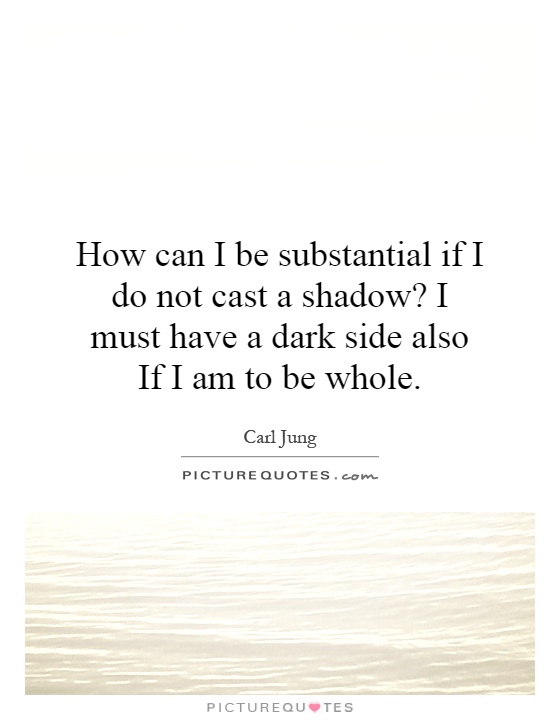
How can I be substantial if I do not cast a shadow? I must have a dark side also If I am to be whole
Carl Jung, a renowned Swiss psychiatrist and psychoanalyst, delved deep into the human psyche and explored the concept of the shadow self. In his quote, “How can I be substantial if I do not cast a shadow? I must have a dark side also If I am to be whole,” Jung emphasizes the importance of acknowledging and integrating our shadow selves in order to achieve wholeness and self-actualization.The shadow self, according to Jung, represents the unconscious aspects of our personality that we repress or deny. These are the parts of ourselves that we deem unacceptable or undesirable, such as our fears, insecurities, and negative traits. By ignoring or suppressing our shadow selves, we create a divide within ourselves, leading to inner conflict and a sense of incompleteness.
Jung believed that true self-realization and personal growth can only be achieved by embracing and integrating our shadow selves. By acknowledging and accepting our dark side, we can gain a deeper understanding of ourselves and our motivations. This process of shadow work allows us to confront our fears and insecurities, leading to greater self-awareness and emotional maturity.
Furthermore, Jung believed that the shadow self holds immense creative and transformative potential. By exploring and integrating our shadow selves, we can tap into hidden talents, strengths, and insights that can enrich our lives and relationships. Embracing our dark side can also lead to greater empathy and compassion towards others, as we come to recognize and accept the complexities of human nature.
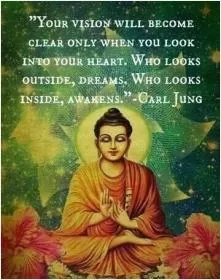
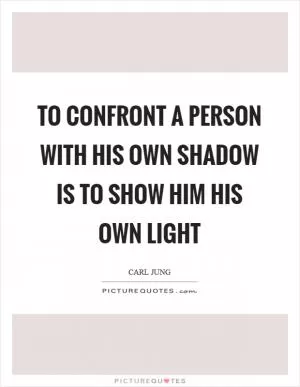
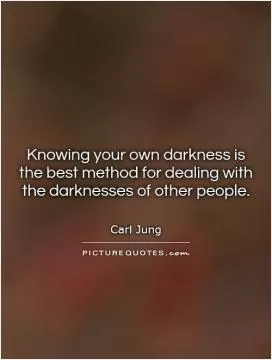
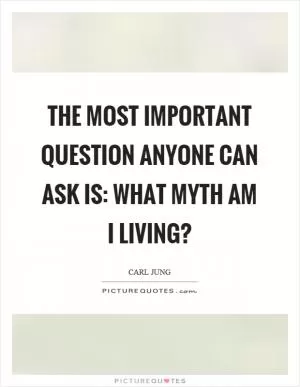
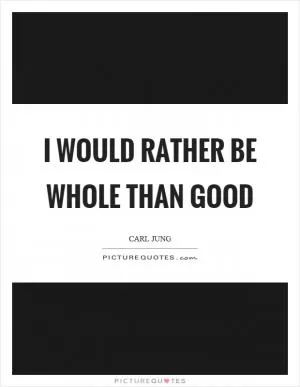
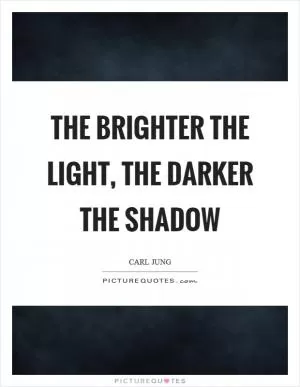
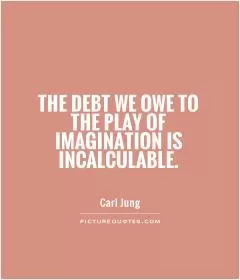
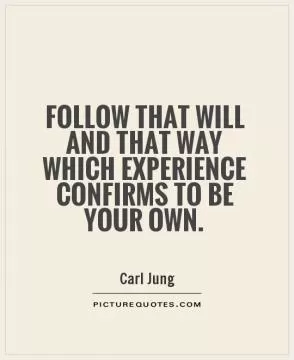
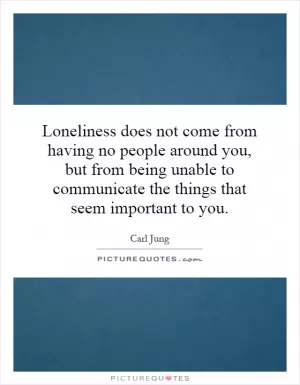
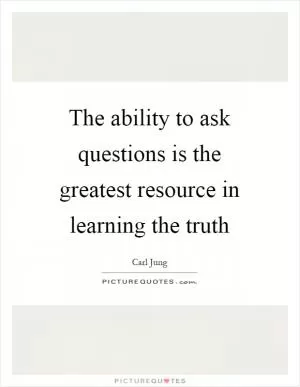

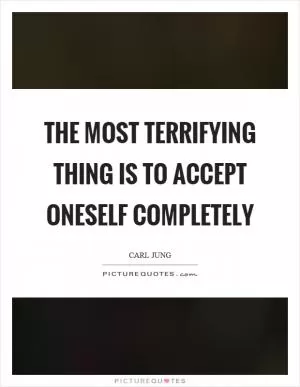
 Friendship Quotes
Friendship Quotes Love Quotes
Love Quotes Life Quotes
Life Quotes Funny Quotes
Funny Quotes Motivational Quotes
Motivational Quotes Inspirational Quotes
Inspirational Quotes